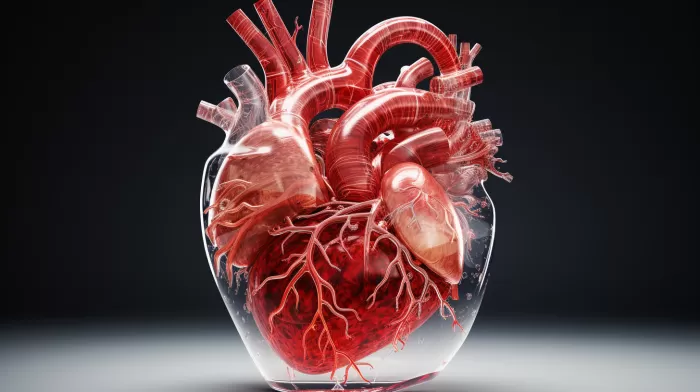Your heart beats more than 100,000 times each day, pumping 2,000 gallons of blood through your blood vessels to feed every tissue and organ in your body. With each pulsation, pressure travels down every artery, and over time, arteries can begin to narrow. Hypertension, or high blood pressure, is a direct cause of heart attack, stroke, congestive heart failure, kidney failure, peripheral blood vessel disease, dementia, blindness and almost every illness involving soft tissues in the body. Over 74.5 million people in the United States over the age of 20 have hypertension. The importance of preventing hypertension from getting a grip on your life cannot be underestimated. So, let’s discuss how hypertension affects the body, some thoughts on traditional therapy, and ways you can modify your lifestyle to avoid or manage high blood pressure.
Warning Signs Your Body is Out of Whack
Nicknamed the “silent killer,” hypertension often isn’t obvious in its early stages when blood pressure begins to rise. However, when left unnoticed and untreated, it starts to cause problems that are difficult to ignore. Research has identified risk factors such as smoking, obesity, a high-salt diet, a stressful lifestyle, and a family history of hypertension. It is important to evaluate these risk factors, especially if you experience any of the following symptoms: blurring vision, dizziness, light-headedness, nosebleeds, headaches, nausea, and heart palpitations. These symptoms signal the immediate need for evaluation.
Nerves Tighten the Vessel Wall Muscle
The nerves within your sympathetic and parasympathetic system control your blood vessel wall muscles. Your blood pressure rate is heavily influenced by the thoughts you carry and the emotions attached to them.
Excess Fluid Drives Pressure Too
The salt in your diet also impacts the amount of fluid in your blood vessels. Reducing your sodium intake can help lower your blood pressure in some cases.
Conventional Drug Therapy
There are various medications to lower blood pressure, including the ACE-inhibitors (angiotensin converting enzyme-inhibitor) and the ARBs (angiotensin receptor blocker), which are the safest and most effective to take when you don’t have existing heart disease. Another class of medications is the calcium channel blockers, which relax the blood vessel wall muscles so pressure inside the vessel drops. However, these medicines often come with side effects. Shifting toward a healthier lifestyle can help to reduce your need for medication.
Lifestyle Modifications
De-Stress
Reducing stress is key in managing hypertension. Emotions such as worry and frustration stimulate blood vessels to constrict, thereby raising pressure. Meditation, visualization, and exercise can help to manage stress. Another essential element of managing blood pressure is your diet.
Eat for Health
Countries with low-fat, high fiber diets that are low in animal protein and feature fresh produce have a substantially lower incidence of hypertension. Nutrient-rich whole foods have been shown to reverse heart disease and promote a healthier lifestyle.
Vitamins and Nutrients to Combat High Blood Pressure
Research has shown that Vitamin K2 assists blood vessels in remaining open for healthy blood flow and normal blood pressure. Grape seed extract and blueberry extract have also been reported to help relax arteries by balancing naturally occurring enzymes in your body that affect blood flow. Other helpful nutrients include hawthorn berry, terminalia arjuna, bromelain, ginkgo biloba, and dandelion leaf. Fish oil and niacin are also useful for reducing heart disease.
With this information in mind, it’s crucial to be proactive and take all possible measures to prevent or manage hypertension, avoiding this life-threatening condition.



